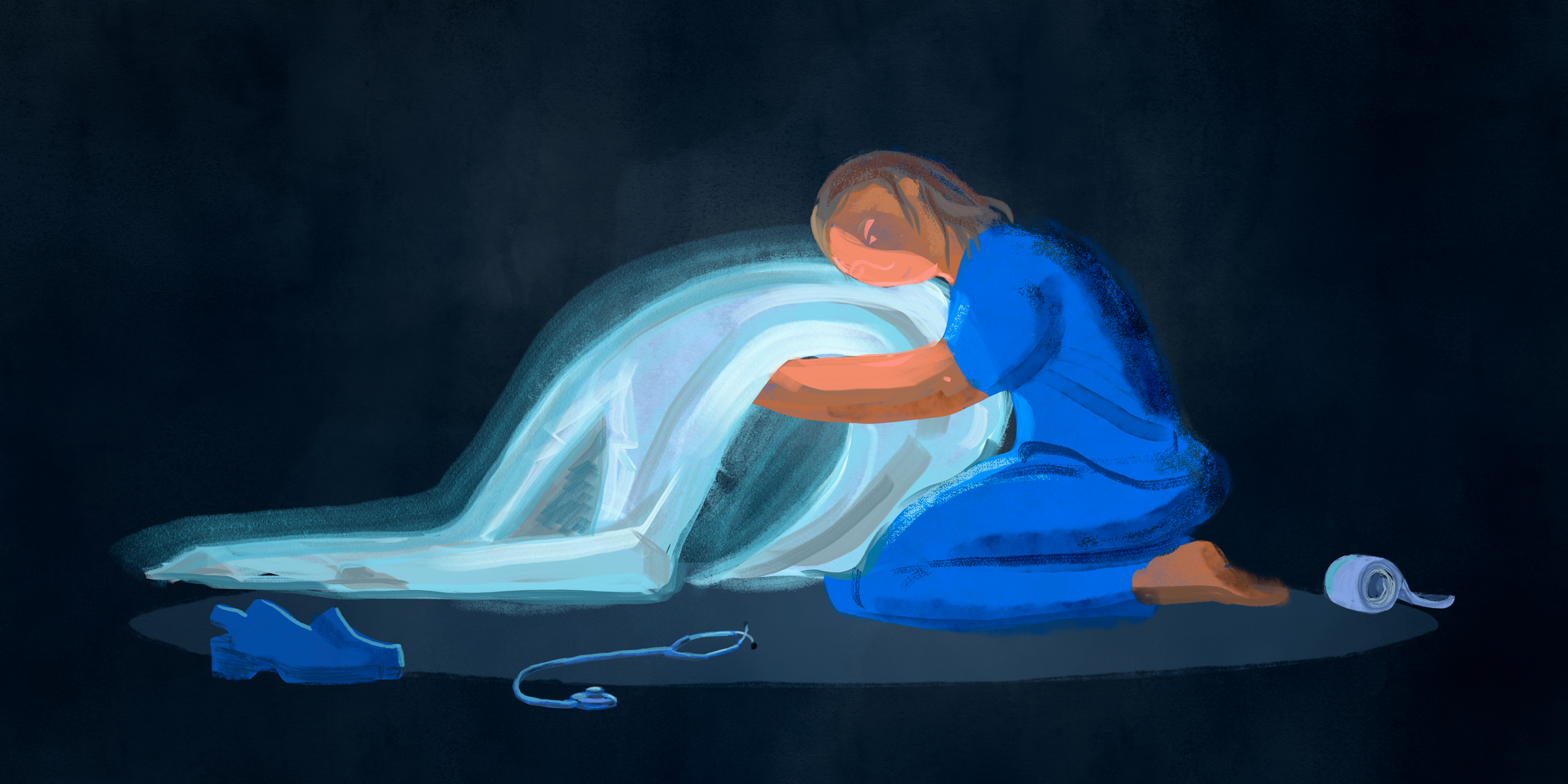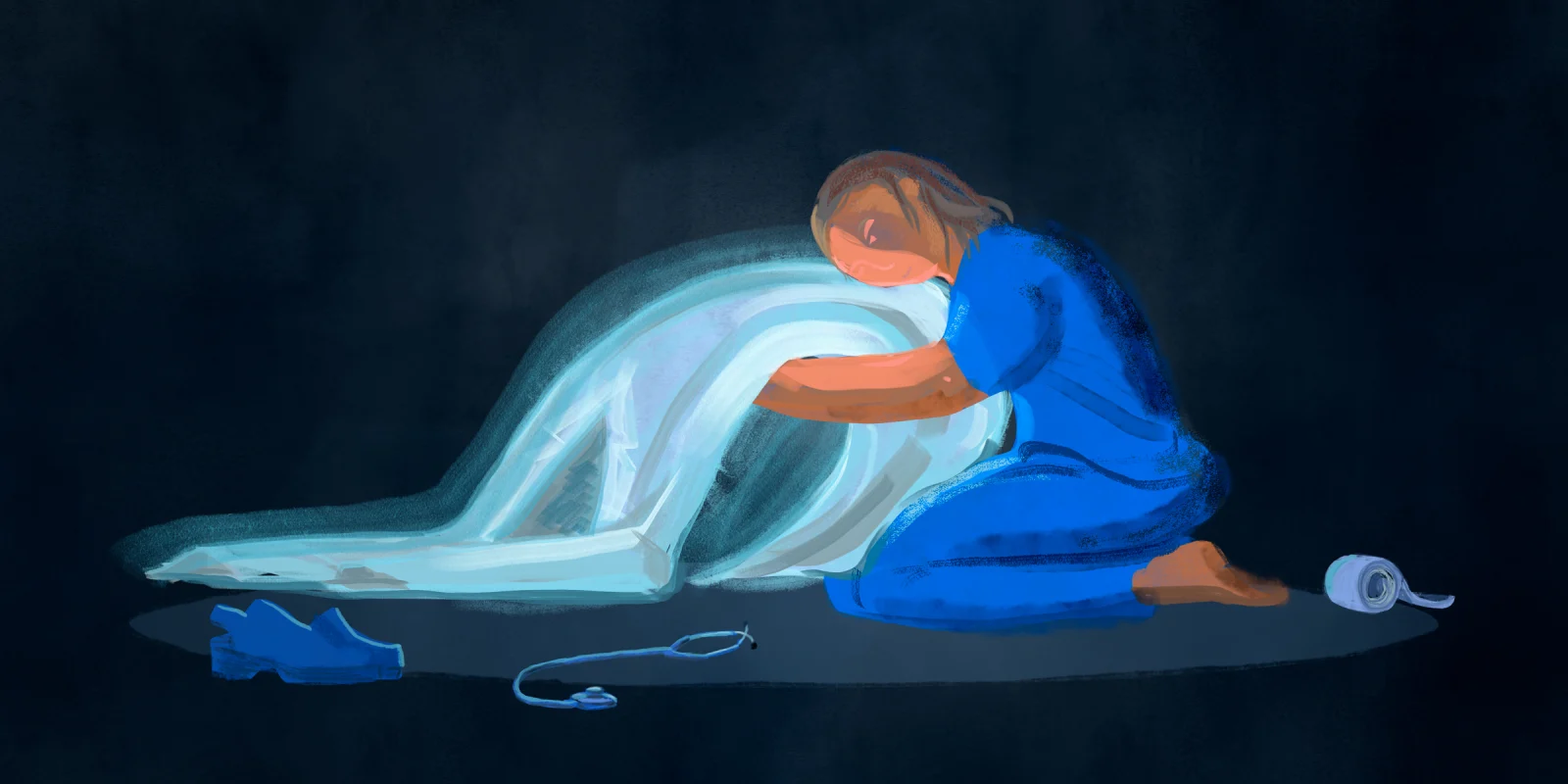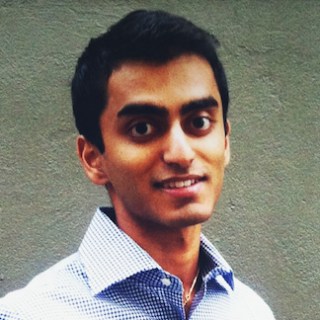 It is 1:15 a.m. on a Sunday morning in my third month of residency. I gently open the apartment door, hoping to not wake my roommate. I quietly put away my backpack, pager, badge, and other items that found their way into my pockets over the course of a 9-hour ER shift. My exhaustion is outmatched by my hunger, so I enter the kitchen and open the pantry door, hoping that it will be magically stocked with food that I know I never bought. Instead, I look dejectedly at a pack of ramen noodles, a half-eaten bag of tortilla chips, some Cliff protein bars, and Indian spices that I carry with me to each new apartment although they have never been touched. I reach for the bag of chips, grab some salsa from the refrigerator, and sit down at the counter to eat my first “meal” since breakfast.
It is 1:15 a.m. on a Sunday morning in my third month of residency. I gently open the apartment door, hoping to not wake my roommate. I quietly put away my backpack, pager, badge, and other items that found their way into my pockets over the course of a 9-hour ER shift. My exhaustion is outmatched by my hunger, so I enter the kitchen and open the pantry door, hoping that it will be magically stocked with food that I know I never bought. Instead, I look dejectedly at a pack of ramen noodles, a half-eaten bag of tortilla chips, some Cliff protein bars, and Indian spices that I carry with me to each new apartment although they have never been touched. I reach for the bag of chips, grab some salsa from the refrigerator, and sit down at the counter to eat my first “meal” since breakfast.
My mind still races with thoughts about the patients I have just seen. Was the elderly man with chest pain going to follow up with his primary care physician as we instructed? Did that young girl actually have an infection, and if so, should we have admitted her? I remind myself that if I worry about every patient I see, I will never make it through residency, and I turn my attention instead to the bag of chips in front of me. On the front of the bag in bold letters are the words “Whole grain.” I smile, silently appreciating myself for choosing the healthy option. After all, whole grains are healthy right? After a few moments of reflection, I realize I don’t actually know the answer. In fact, I realize that though I am a newly-minted physician, I know very little about health, and only slightly more about sickness.
Human beings exist on a continuum ranging from the chronically ill to the always healthy. The majority of our medical education and training is focused on the former half of that spectrum: sickness. In the ICU, we learn how to pull patients from the grasp of death by supporting their heart, ventilating their lungs, and treating their infections. When these patients graduate to the medical floors, we learn how to investigate, image, and inquire about every one of their medical conditions. When they improve, we see them in our clinics, closely following their lab values, hunting for any signs of instability or abnormality.
A fundamental problem in medical training is that in our obsession with sickness, we have forgotten almost entirely about health, including our own. During orientation week in residency, I was cautiously warned by many senior residents that I would likely be out of shape by the end of my intern year. They predicted that I would be sleep-deprived and exercise-deprived and that my meals would be irregular and unhealthy. They foresaw that I would be stressed and anxious, bearing the burden of needing to protect the health of my hundreds of patients, while my own health sat disregarded.
I now realize that in a profession devoted to monitoring health, we cannot continue to sacrifice our own. While awareness for physician wellness has certainly increased in recent years, we continue to accept that being a physician is an occupational hazard, much like serving in the military or working on a dangerous construction site. Our bodies withstand significant physical tolls each day and our minds bear unimaginable amounts of worry, leading to some of the highest rates of burnout, addiction, depression, and suicide of any profession. To find comfort, we compare our health to that of our patients, giving us false reassurance when we deserve none. We let ourselves think, “well, at least I don’t have a blood clot in my lungs or an advanced psychiatric illness.” We let ourselves feel grateful in the comparison. But meanwhile, other industries continue to leapfrog ahead of us. For example, technology companies routinely offer free access to gyms, healthy catered meals, and mental health counseling. In contrast, we are sometimes lucky to have a few minutes to buy pizza from the cafeteria during lunch and often struggle to find a free hour to exercise even on routine clinic days. But weren’t we supposed to be the ones who care about “health care?”
We need a cultural change in medicine. We must empower physicians to live healthy lives — only then can doctors be the stewards of health, not just the enemies of sickness.
Muthu Alagappan is a hospitalist at Massachusetts General Hospital and an instructor of medicine at Harvard Medical School. Trained as a physician and engineer, Muthu is interested in transformative healthcare technologies, specifically in the application of AI and augmented reality to clinical medicine. He serves as a collaborator with the MIT lab and an advisor to digital health startups. Muthu is a 2019–2020 Doximity Fellow.
Illustration by Jennifer Bogartz






